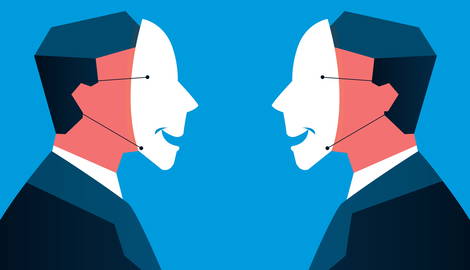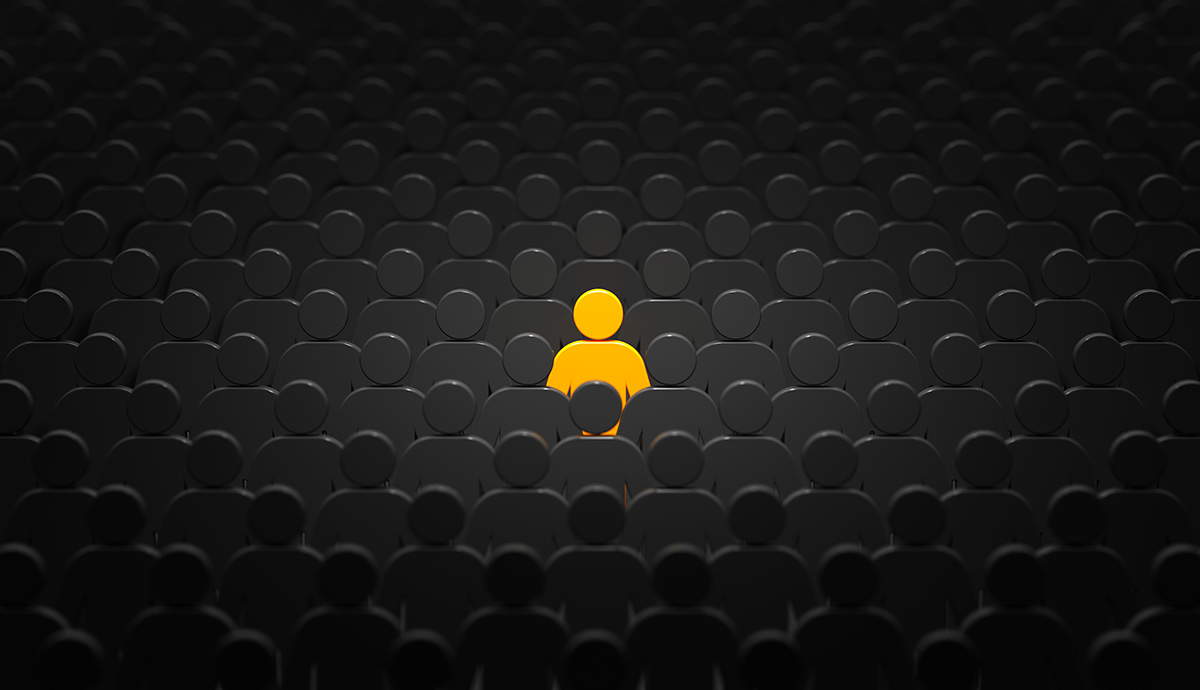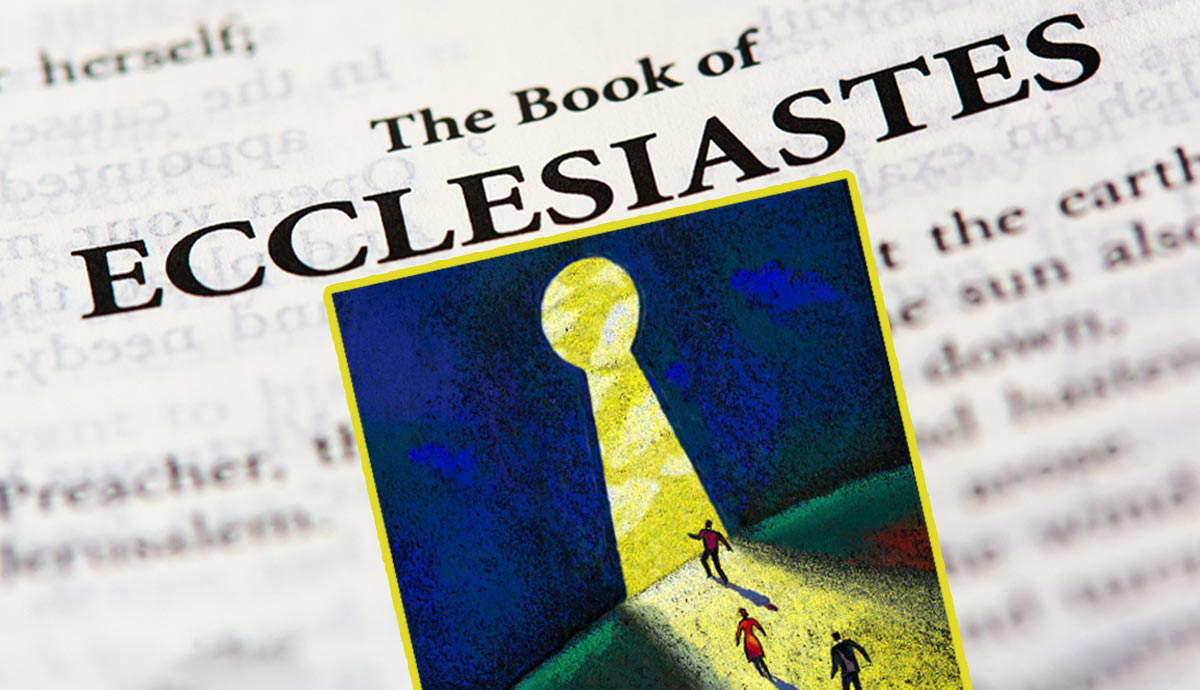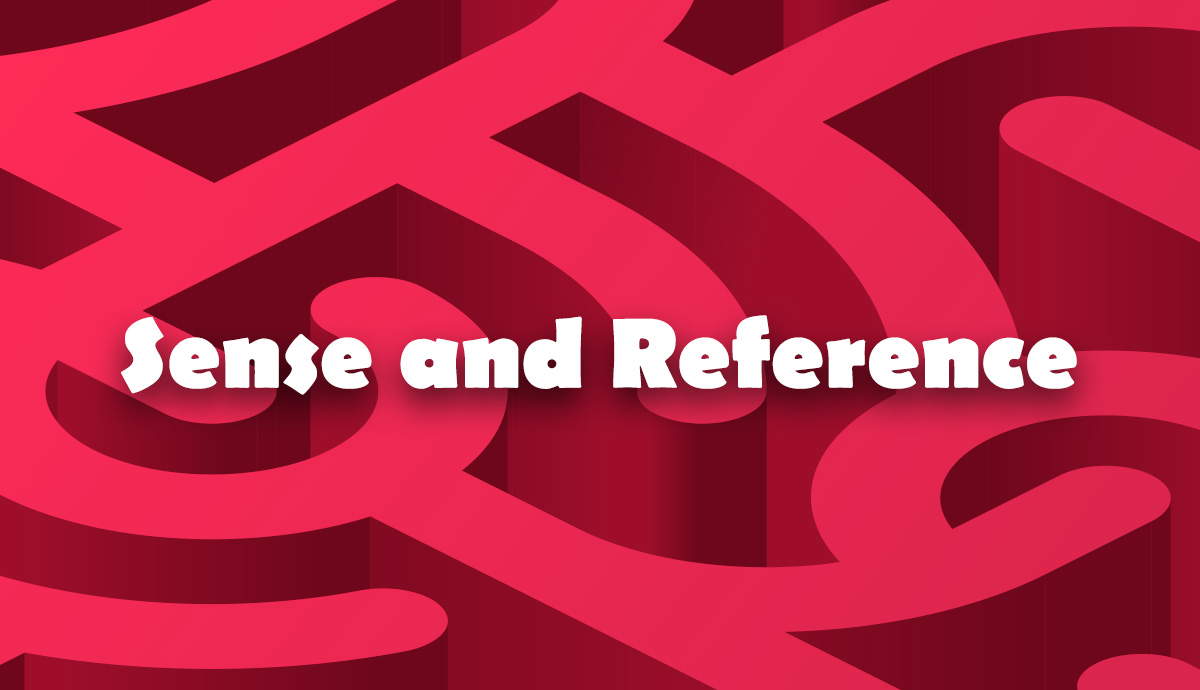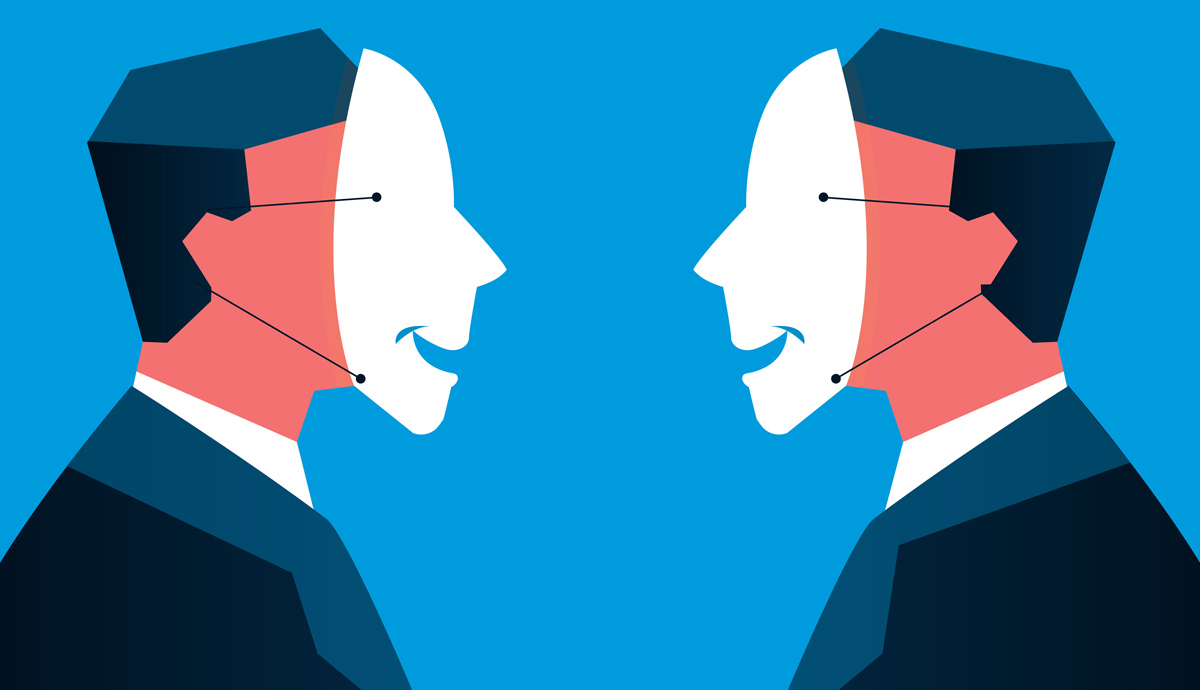
Are we the creators of our own narrative—or merely actors playing roles scripted by society, biology, or fate? In an age of relentless reinvention and carefully constructed online personas, the identity question is more relevant than ever. Do we really make ourselves through our choices, or are our choices made for us by larger forces beyond our control? It’s a problem that has puzzled thinkers throughout history, with ideas ranging from free will to memory to culture to the narratives that shape who we are.
The Role of Free Will in Identity

Is it possible for us to determine our own identity? One man thought so. Jean-Paul Sartre, an existentialist philosopher, said yes. When he claimed “existence precedes essence,” he meant we’re not stuck with a label from birth.
First, we’re here; then, we decide what to be. According to Sartre, everyone has the freedom to choose who they want to be—whether that’s a painter, a doctor, or a revolutionary. There is choice involved, even if you opt out of choosing altogether.
However, with total independence comes great responsibility, and this can feel daunting. Sartre believed it was common for people to fall into “bad faith.” They lied to themselves because the truth was too uncomfortable (or difficult to live with).
For example, someone might stay in a job they despise simply because their mum and dad had always thought they would do it. Such individuals spend their entire lives pretending to be fond of things for which they actually feel nothing but contempt.
Freedom isn’t always that clear-cut, critics say. Simone de Beauvoir and others suggested that societal pressures, roles assigned by gender, and culture determine so many of our choices. You can redefine yourself if you wish, but nobody is as free to do so.
Nevertheless, the existentialist perspective is liberating. It tells us that though we cannot master all things, we can own our course of action. Deciding to be ourselves can be frightening, but it’s what gives life its significance.
How Society Shapes the Self

According to structuralist and post-structuralist thinkers, we do not form our identity alone. Rather, it comes from the words, categories, and rules found in the world around us.
Take Michel Foucault. He said that places like hospitals, schools, and prisons say what is normal (and what is not)—and the ideas those places give us about ourselves affect how we act.
Judith Butler builds on this idea when she suggests, for example, that being a man or a woman isn’t something we just decide from the inside. It has to do with how other people expect us to behave, and those expectations force everyone to perform in certain ways.
Consider gender. People learn from an early age what “boys” do and what “girls” do—what to wear, how to talk, and what to aspire to be. It’s not always an active decision that’s made. It’s inherited instead.
But Butler asserts that it’s possible to break those scripts. Whenever someone resists the requirements of gender—a person dressing in an unconventional way, using alternate pronouns, declining labels—they’re rebelling against something that once appeared fixed.
Thus, society molds us but doesn’t completely ensnare us. We cannot completely control the point of departure, but we can challenge, push back against, and even redefine the elements we do not assent to. Identity thus becomes an interplay of order and fearless self-expression.
Memory and Personal Continuity

John Locke, a philosopher, believed that one thing makes a person remain the same individual as time passes: memory. He thought that who you are is connected to being able to recall things that have happened to you before.
If an individual can bring to mind an action he performed previously, that memory links the person he was then with the person he is now. So, according to Locke, you are your memories.
But what happens if memory does not do its job? If somebody has amnesia and forgets their past, are they still the same person? Or what if a person recalls things that never actually occurred—does this change their identity?
These puzzles have troubled thinkers for centuries. After all, noted critic Thomas Reid asked, even if our memories did connect our past and present selves, how reliable are they? Memory, after all, can fool people. So, if my identity depends on such a tricky faculty, just how powerful can it be?
Today, the issue is even more intricate. Consider digital memory: photos, texts, and social media updates that remember things for us. Do these digital footprints count towards our identity? And what if those memories have been selected, edited, or deleted?
If identity is shaped by memory, then selecting who we are isn’t always completely up to us. We are sometimes constrained by what we can recall—or what we forget.
Nevertheless, grasping this connection helps us appreciate the occasions and recollections that mold our individual narratives.
Biological and Psychological Determinism

Are our identities preprogrammed in our DNA when we’re born? The nature versus nurture debate poses just that question.
Some consider our characteristics to be predetermined—such as temperament, intelligence, or psychological health—in large part by our genes and brain chemistry. And if that’s the case, do we actually have any say in the people that we turn out to be?
On the opposite side is the argument that our environment—our family, culture, experiences—influences us most. Most people agree it’s a combination of both. But it leads one to wonder then: if biology and upbringing determine so much of it, then what is left in turn to choose?
Sigmund Freud, the famous psychologist, suggested that as adults, many of our decisions are based on things we experienced as children without even realizing it. He believed that deep inside our minds, hidden thoughts push us toward one choice or another.
But does this mean that a person’s biology and past will always control them? According to supporters of Freud, no, because although those early events have a big influence, people can still make changes throughout life.
So, while nobody can control where they come from, individuals do have options available as they get older.
The Self as a Narrative

Narrative identity theory suggests that we shape our own identities by the way we recount our lives. Thinkers such as Charles Taylor and Paul Ricoeur argue that identity isn’t like a gold nugget (simple, shiny, one thing) but more akin to a story—a story always being written.
When you recollect your past, daydream about your future, or try to explain yourself to a friend, you are creating your life’s narrative.
This is a powerful idea: it suggests that if you can change the story of your life, you can change who you are. Maybe there was a time when you felt a bit of a loser, but later recast that period as “a turning point” or “the moment I really started to grow up.”
In this view, your story is not just a tale about you; it really becomes part of who you are.
This is the reason why therapy frequently emphasizes recounting life experiences from different angles. It’s also why jotting things down can help individuals understand their difficulties.
On Facebook and Instagram, we also select the tales that depict us most thoughtfully, deciding what to post and how to frame it.
Although we can’t alter the facts, we can alter their significance, meaning-making being a basic human impulse. In this sense, we are not just characters in a story.
We are storytellers. Indeed, the more self-knowledge we have, the greater our ability to tell—or re-tell—our own story with intention, to author it afresh.
Becoming Who We Are Through Action

Our actions don’t just show who we are. They also make us into these people. Aristotle thought we build our identities by doing things, and that goes for being good as well as anything else.
If you want to be fair, just keep on doing fair things. Soon enough, he’d say, you will have turned yourself into someone who is fair. In other words, don’t believe everything you think. There’s more to it than that.
Nietzsche had a point when he made this soundbite: “Become who you are.” It’s not about finding out what’s already inside you (because maybe there’s nothing there anyway).
To him, this phrase meant lots of hard work, often involving some pain along the way, which changed people. Sometimes, it also meant facing up to difficulties or taking risks with uncertain outcomes.
Both of these thinkers remind us that identity is embodied. It’s not necessarily self-concept or narrative—it’s the way that you move in the world. Your choices, your habits, and your reactions to failure all play in as you become who you become.
Moral development is achieved through action. We learn by making decisions, analyzing them, and then trying again. Identity is thus not an end decision—it is a becoming that takes place in time through what we do rather than in the static form of what we imagine ourselves to be.
So, Do We Choose Who We Are?

There are many ways to answer the question of whether we decide who we are. Some philosophers, for example Sartre, think that our decisions allow us to give meaning to ourselves.
Others, such as Butler and Foucault, believe that social forces and labels play a part in shaping identity. Freud would add unconscious urges, too, while according to Locke, memory links personal continuity over time. Add in biology, upbringing, and the narratives we live by—and it’s clear: not just one free choice.
Rather, identity evolves throughout life. Growth comes through actions, relationships, and reflection. Both inheritance and self-made factors shape us. Indeed, they intertwine in complex dialogues with inner wishes meeting outer conditions.
Perhaps the real question is not “Do we choose who we are?” but rather, “How do we continuously become ourselves?” Our identity is not a static thing. It is an ever-unfolding narrative that we enact with every move we make.
